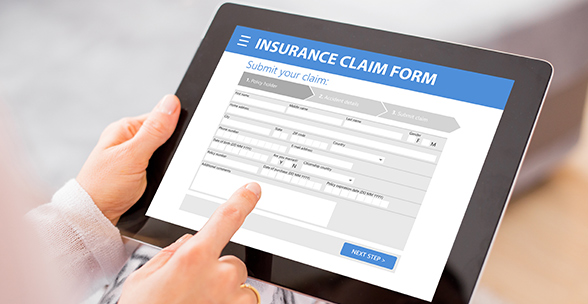Getting Paid in 2020: Steps to Take Now for a Smooth Transition to the New Year
Before we know it, January will be here and with that comes a few of the usual challenges that we face in the revenue cycle and one new one specific to January of 2020. With a little effort now, you can ensure a smooth transition to the new year.
Prepare for Resetting Deductibles
With the rise of high deductible health plans, an increasing portion of the payment for services must be collected from patients rather than insurance companies. With most plans resetting in January, this means that the majority of patients coming into your practice the first few months of the year will effectively be paying the full allowed amount of the services they receive. There are a few things you can do to make sure you are ready for this.
First, update all fee schedules so that your front desk and checkout staff can provide an estimate to the patient of how much their visit will be. They can also remind them if they have not met their deductible, they will be responsible for the full amount. Second, review your financial policy to make sure that it clearly defines the expectations for patients in paying balances due at the time of service. It is a good practice to ask patients to review and sign your financial policy and update their demographics at the beginning of the new year. As the year winds down, getting everything ready for this process will help you start off on the right foot in January.
Medicare Beneficiary Identifier grace period ends December 31, 2019
If your practice accepts Medicare, you should already be aware of the change that has taken place with the Medicare Beneficiary Identifier (MBI) over the last 18 months or so. CMS issued new cards to Medicare beneficiaries to replace the old identification number that included social security numbers with a new number that uses a combination of alpha and numeric characters. While practices have been able to continue submitting claims using the old Medicare number throughout the transition period, this will end on December 31, 2019. It is critical that you review all Medicare patient demographics to make sure that you have the new MBI in your system.
If you have submitted a claim for the Medicare beneficiary during the transition period, the new identifier will be listed on the remittance advice or EOB. Hopefully, your billing staff has been updating the policy information for patients either by adding it when it came across on the remit or EOB, or by requesting a copy of the beneficiary’s new card at some point during the transition period. Don’t assume that MBIs have been updated. A little time spent now conducting a thorough review of all active patients who have Medicare as a policy in your system will prevent rejections that will begin January 1, 2020.
Don’t forget your HIPAA Risk Assessment
A list of year-end transition items wouldn’t be complete without a reminder that your practice is required to conduct a HIPAA Security Risk Assessment every year. Be sure that you have completed a risk assessment within the calendar year and have documented your findings as well as plans for improvement. Don’t forget, a risk assessment is one of the requirements for the Quality Payment Program (MIPS) as well, so it’s doubly important that you have it documented as completed by December 31, 2019, for the 2019 reporting period.




















